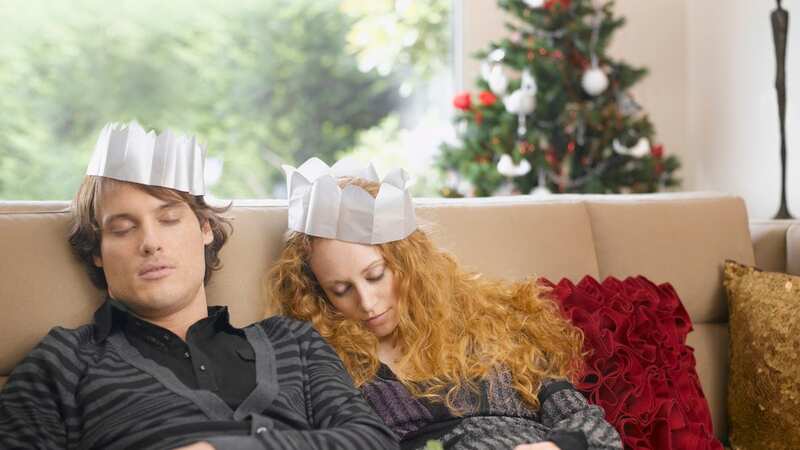Sleep habits to avoid over the festive period - why it messes with our bodies

For many, the festive season provides welcome respite from their daily grind.
Longer days, later bedtimes, and a few obligatory tipples make the period from Christmas Eve to New Years' Day very different to the 9-5. But that interruption, however desired, can wreak havoc on our sleep schedules in ways that ultimately make us feel tired and low.
According to Loughborough University psychologist Kevin Morgan, sleep is controlled by three mechanisms: firstly, the supply-and-demand relationship between sleep and wakefulness, an (in theory) self-regulating process of homeostasis that means the longer we stay awake, the greater the pressure to sleep; secondly, the body clock (or circadian rhythm) which helpfully syncs our sleep-wake cycle with the 24-hour day so that we feel most sleepy when it is dark; and thirdly, psychological factors – such as the sense of "having had a long day" – that make us feel more ready to get some shut-eye.
But Morgan warns that Christmas delivers a "perfect storm that challenges all of these processes at once and leads to lingering fatigue".
With longer days and later bedtimes, we need compensatory lie-ins – but opportunities for those may be few and far between, what with family visits, high street sales, or the demands of parenting. What's more, the tired certainly aren't helped by the socially sanctioned sleep deprivation fest that is New Years' Eve.
 Mum's touching gesture to young son who died leaves Morrisons shopper in tears
Mum's touching gesture to young son who died leaves Morrisons shopper in tears
Plus, Christmas demands planning, which in turn gives rise to anticipation and anxiety (if things can go right, they can also go very wrong). But irrespective of the precise character of our feelings, lessons from the psychology of insomnia teach that we don't even need to be anxious to inadvertently keep ourselves awake – we just have to be thinking.
Food and alcohol are two further disruptive elements in the seasonal storm. Overeating can lead to indigestion, which is associated with insomnia. And even alcohol-induced sleep is usually of poor quality due to alcohol withdrawal symptoms leading to early awakening and, eventually, a hangover.
How to stay well rested over the festive season
Avoid going into the festive period with a sleep debt – in other words, try to catch up on any needed 40 winks before Christmas Day so that you're not already on the back foot.
Don't heap extra stress on yourself by trying to be "perfect" with your sleep habits – ironically, worrying about sleep will make it more difficult to get some. Try an earlier night once in a while, a lie-in where necessary, and a few naps here and there.
Read more similar news:
Comments:
comments powered by Disqus

































